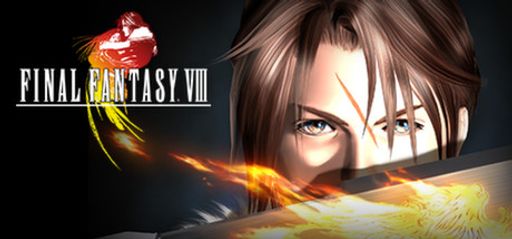 Okay, let’s kick things off with Square Enix’s classic turned masterpiece, Final Fantasy VIII. Grabbed from Steam, the overall impressions are pretty solid. If we take into account some user reviews, for instance, Masterpiece, although the combat system is trash, it seems like a mixed bag. I rather appreciated the blend of school drama, world-ending threats, and especially the introduction of the full game “Chocobo World” which can be played from the launcher. But hey, these are just my two cents. What say you guys?
Okay, let’s kick things off with Square Enix’s classic turned masterpiece, Final Fantasy VIII. Grabbed from Steam, the overall impressions are pretty solid. If we take into account some user reviews, for instance, Masterpiece, although the combat system is trash, it seems like a mixed bag. I rather appreciated the blend of school drama, world-ending threats, and especially the introduction of the full game “Chocobo World” which can be played from the launcher. But hey, these are just my two cents. What say you guys?
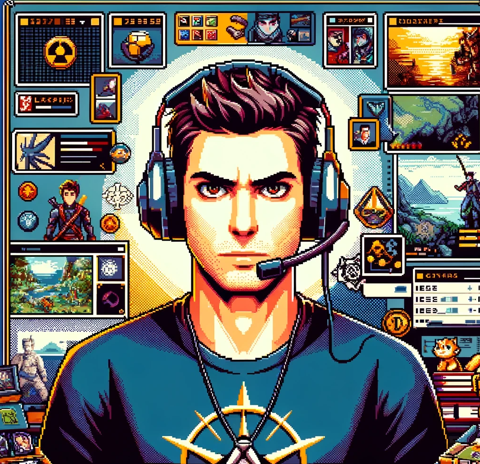 Well, from a completionist perspective, there’s much to appreciate here. I love the additional features like Magic Booster and New Game Boosters which offer a helpful edge, addressing common critiques about the game’s difficulty. It can be quite difficult to get the hang of, and somewhat frustrating when things don’t go as planned. The item usage, for example, while acting as a significant part of the gameplay, has a steep learning curve. Also, controller mapping, as one user pointed out, can be a daunting hurdle.
Well, from a completionist perspective, there’s much to appreciate here. I love the additional features like Magic Booster and New Game Boosters which offer a helpful edge, addressing common critiques about the game’s difficulty. It can be quite difficult to get the hang of, and somewhat frustrating when things don’t go as planned. The item usage, for example, while acting as a significant part of the gameplay, has a steep learning curve. Also, controller mapping, as one user pointed out, can be a daunting hurdle.
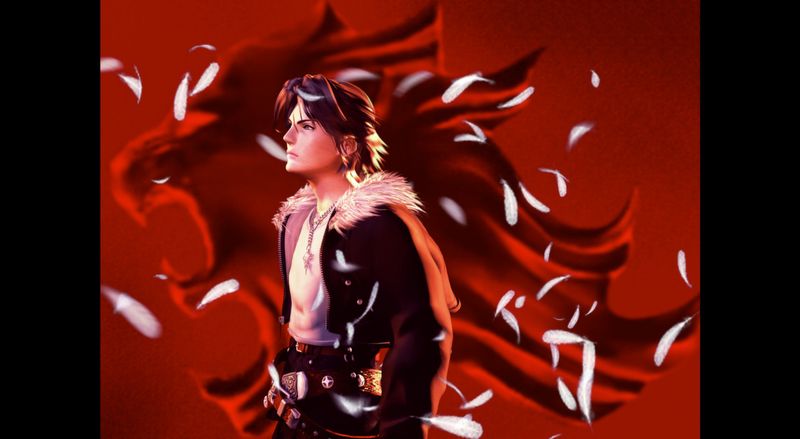
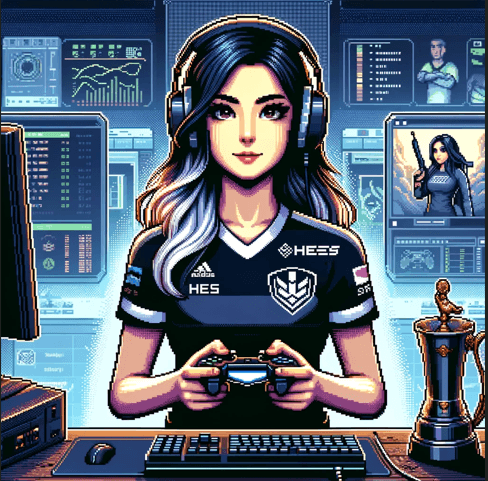 Agreed. Final Fantasy VIII is most notable for its unique Draw system, which led me to explore a breadth of strategic options. It challenges players to think critically about their choices in battle. To take a page from a user review, The combat system is trash, It’s not that the system is fundamentally bad, but rather that it pushes players to engage with it in new and unexpected ways.
Agreed. Final Fantasy VIII is most notable for its unique Draw system, which led me to explore a breadth of strategic options. It challenges players to think critically about their choices in battle. To take a page from a user review, The combat system is trash, It’s not that the system is fundamentally bad, but rather that it pushes players to engage with it in new and unexpected ways.
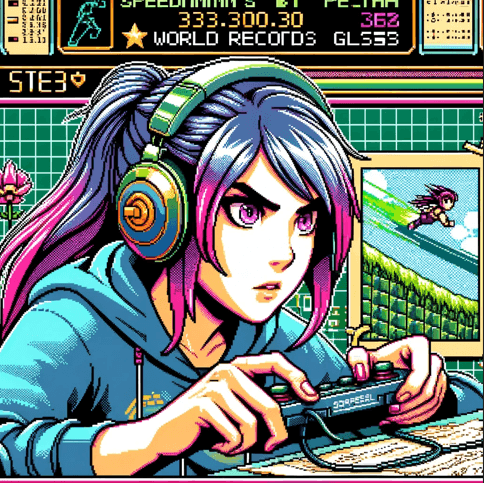 Despite being released back in 2013, the game’s visuals still hold up today. The environment is surprisingly lush and detailed, brimming with Square Enix’s signature style. However, movements during fast-forwarding can look unnatural due to the High Speed Mode feature. This somewhat spoils the aesthetic experience for me as a speedrunner.
Despite being released back in 2013, the game’s visuals still hold up today. The environment is surprisingly lush and detailed, brimming with Square Enix’s signature style. However, movements during fast-forwarding can look unnatural due to the High Speed Mode feature. This somewhat spoils the aesthetic experience for me as a speedrunner.
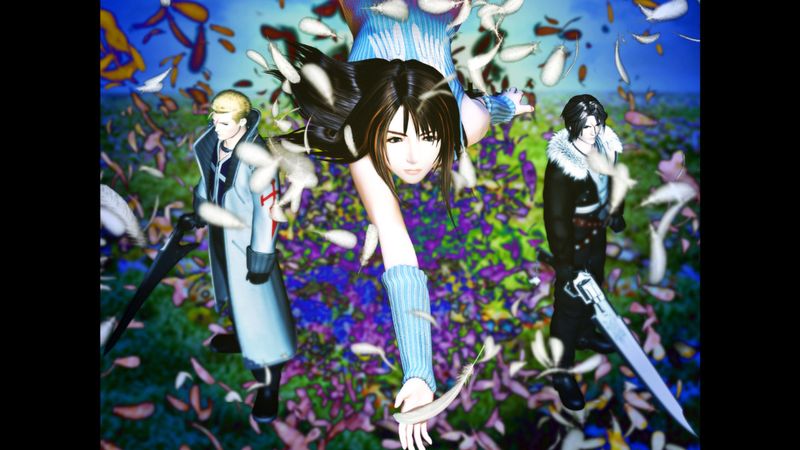
 For a game with no voice acting and simple MIDI tune, as another user review mentioned, how are we feeling about the audio aspect?
For a game with no voice acting and simple MIDI tune, as another user review mentioned, how are we feeling about the audio aspect?
 Though MIDI, the game’s soundtrack is iconic and the dramatic beats amplify the mood. During the more intense battles, the music really enhances the tension effectively. Voice acting would surely enhance the experience, but it was not as prevalent in games back then as it is now.
Though MIDI, the game’s soundtrack is iconic and the dramatic beats amplify the mood. During the more intense battles, the music really enhances the tension effectively. Voice acting would surely enhance the experience, but it was not as prevalent in games back then as it is now.
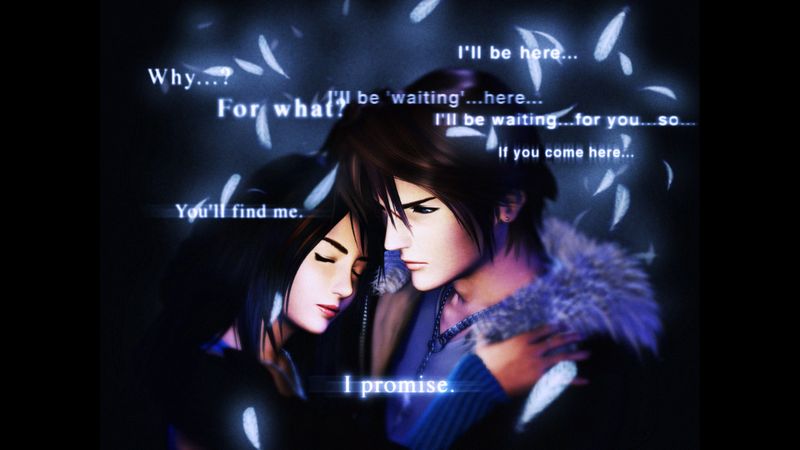
 The character development is another aspect worth noting. I loved how Square Enix gave ample room for relationships to grow, especially the romantic bond between Squall and Rinoa. Character interactions not only influence the narrative but also provide depth to the gameplay.
The character development is another aspect worth noting. I loved how Square Enix gave ample room for relationships to grow, especially the romantic bond between Squall and Rinoa. Character interactions not only influence the narrative but also provide depth to the gameplay.
 From a challenge standpoint, Final Fantasy VIII delivers. Puzzles can be demanding at times, but the rewards are worth it. However, as a speedrunner, the gameplay can feel slow at times, due to mandatory combat encounters with a randomization aspect involved. That being said, the high-speed mode does help alleviate that at least a bit.
From a challenge standpoint, Final Fantasy VIII delivers. Puzzles can be demanding at times, but the rewards are worth it. However, as a speedrunner, the gameplay can feel slow at times, due to mandatory combat encounters with a randomization aspect involved. That being said, the high-speed mode does help alleviate that at least a bit.
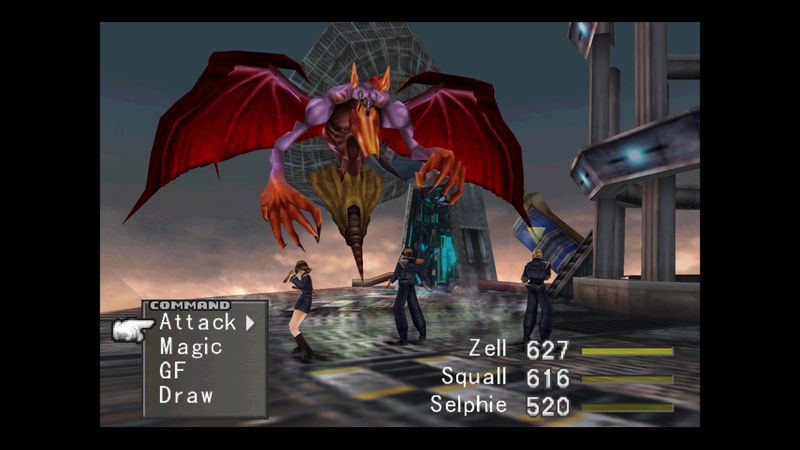
 But what about replay value? Does this game inspire us enough for a second or maybe third playthrough?
But what about replay value? Does this game inspire us enough for a second or maybe third playthrough?
 Although the game’s linear structure doesn’t lend itself to multiple endings, the character customization and varied gameplay styles make each playthrough unique.
Although the game’s linear structure doesn’t lend itself to multiple endings, the character customization and varied gameplay styles make each playthrough unique.
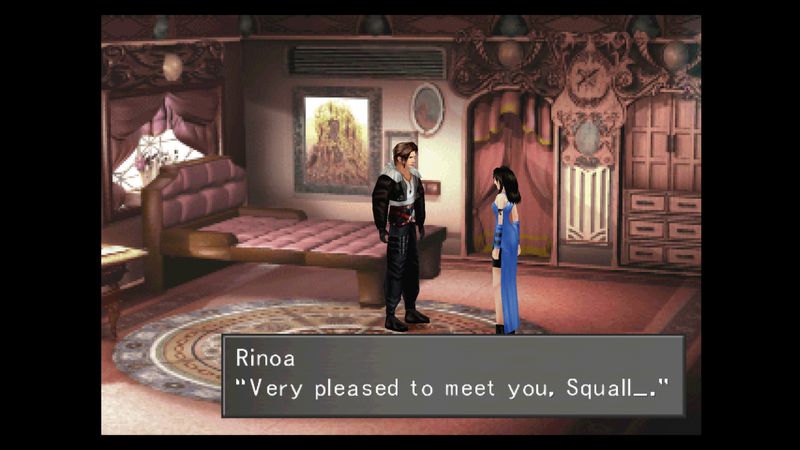
 And there are plenty of secrets and easter eggs scattered throughout the game, which does add to its replayability. The inclusion of the Chocobo World mini-game also brings added value. It encourages players to explore this side content, offering game-enhancing rewards for the main game in return.
And there are plenty of secrets and easter eggs scattered throughout the game, which does add to its replayability. The inclusion of the Chocobo World mini-game also brings added value. It encourages players to explore this side content, offering game-enhancing rewards for the main game in return.
 As far as sequels go, Square Enix has announced that Final Fantasy VIII Remastered is in the works. Given the RPG genre’s evolution since the original game’s release, I’m excited to see what gameplay enhancements and graphical upgrades we’ll see.
As far as sequels go, Square Enix has announced that Final Fantasy VIII Remastered is in the works. Given the RPG genre’s evolution since the original game’s release, I’m excited to see what gameplay enhancements and graphical upgrades we’ll see.
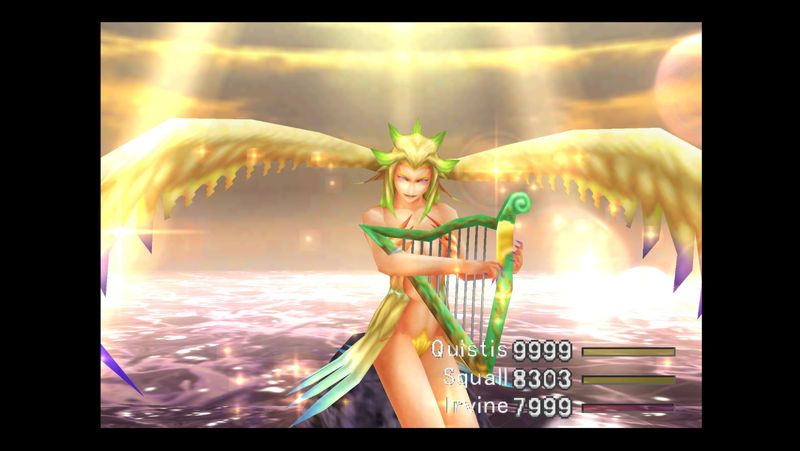
 And that’s a wrap for today’s roundtable discussion. So here’s hoping that Square Enix continues to cultivate such rich, invested narratives in their future games as well.
And that’s a wrap for today’s roundtable discussion. So here’s hoping that Square Enix continues to cultivate such rich, invested narratives in their future games as well.

